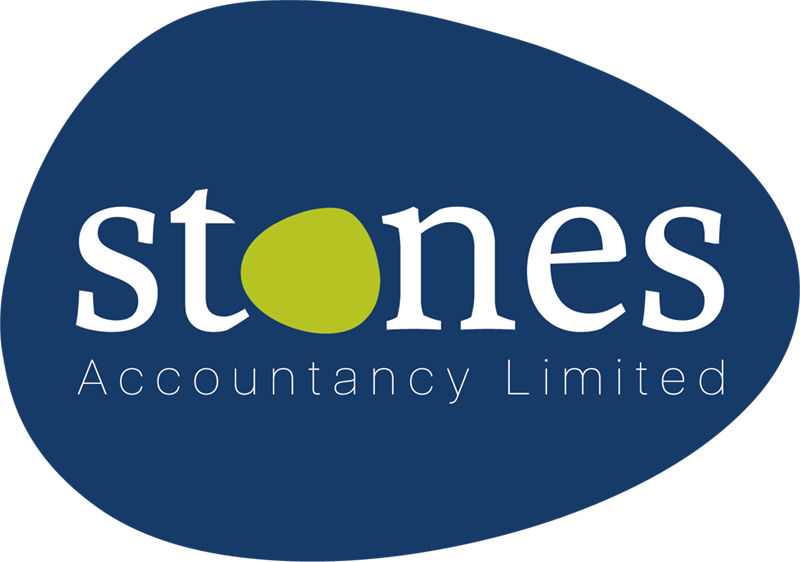Staying on top of your finances and maintaining meticulous records is essential to the success of any owner-managed business. Get all the details you need to know about small business bookkeeping with our handy guide.

Keeping track of the income and expenditure of your business is called bookkeeping. This allows you to understand how your business is performing, helping you to complete annual self-assessment tax returns, process invoices, pay bills and determine profitability.
What does double-entry bookkeeping mean?
Double-entry is an accounting method where each transaction or entry made into the accounting books must have a corresponding credit or debit entry.
This helps to ensure accuracy, as it allows for two possible sources of every transaction. In simple terms, double-entry bookkeeping involves entering a financial transaction twice—once as a debit and once as a credit—to ensure that your books always balance.
This enables both the business owner and their accountant access to the information required for dealing with financial obligations like VAT returns, annual accounts, tax returns or cash flow projections.
Is bookkeeping different to accounting?
Bookkeeping and accounting both involve managing a business’s financial information, but they are two distinct processes.
Bookkeeping is the process of recording day-to-day financial transactions like sales and purchases and reconciling accounts in order to ensure accuracy. Accounting is much more complex than bookkeeping; it involves analysing, interpreting, and presenting the financial data collected through bookkeeping.
Accounting also encompasses activities such as creating budgets and developing strategies for improving profitability.
Additionally, only qualified accountants are authorised to perform certain tasks like auditing or filing taxes. Therefore, while bookkeeping may be an important component of accounting it can be seen that these two processes have many distinctions.
Can I do my own bookkeeping?
While you can certainly attempt to do your own bookkeeping, it’s important to note that it’s a complex process that requires a certain level of expertise.
An accountant will be better equipped to accurately record and manage financial transactions, as well as interpret and analyse the data collected through their bookkeeping.
Additionally, an experienced accountant may have valuable insights into strategies for improving your business’s profitability.
That said, by outsourcing both tasks to an accountant or accounting firm, you can eliminate stress and free up resources to focus on core business activities.
We make things easy for small businesses
As a small business owner, bookkeeping can be an intimidating task. That’s why we’re here to make it easy for you.
With our experienced accountants, you can confidently handle your financials with ease. We understand the specific needs of small businesses and offer tailored services to help you manage everything from taxes to payroll with minimal effort.
Experience the peace of mind that comes from knowing your finances are in good hands- Get in touch to find out more today

